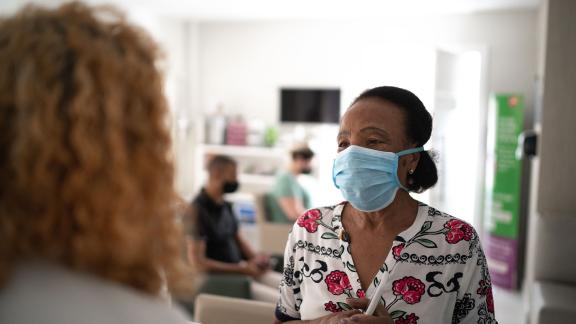NHS Confederation responds to BMA announcement of five day junior doctors strike

Responding to the news that junior doctors will hold further strikes for five days from 13 July, Matthew Taylor, chief executive of the NHS Confederation said:
“Having learnt lessons during previous periods of industrial action health leaders are now very much adept at coping with strikes, but this is still hugely disappointing news and will have an impact on patient care.
“Leaders will be anxious about again having to find staff to cover another walkout, this time across five days, but will pull out all the stops to ensure patient safety is maintained. Leaders will be hopeful that the goodwill of consultants and other colleagues to provide cover has not dwindled but will be increasingly concerned about the financial cost of these walkouts. One trust estimated the cost of April’s walkout to be around £500,000, so the cost of industrial action is stacking up.
“That’s to say nothing on how it affects patients, many of whom will face the prospect of having an operation of appointment cancelled or delayed. This is not only a worry to them but has potential health implications; a postponed operation can lead to complications further down the line, often resulting in patients seeking help from primary or acute care to help manage an issue that was wholly avoidable. Leaders will make every effort to keep disruption to a minimum.
“Unfortunately, our previous warnings that repeated industrial action must not become business as usual is starting to be the harsh reality leaders and the NHS must face. The parties involved have to open a proper dialogue again and find solutions to this standoff as soon as possible.”
About us
We are the membership organisation that brings together, supports and speaks for the whole healthcare system in England, Wales and Northern Ireland. The members we represent employ 1.5 million staff, care for more than 1 million patients a day and control £150 billion of public expenditure. We promote collaboration and partnership working as the key to improving population health, delivering high-quality care and reducing health inequalities.



